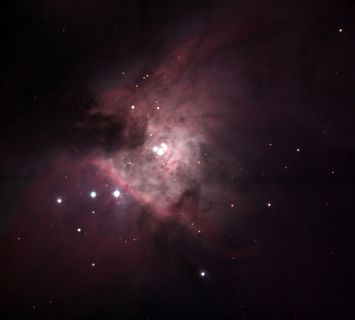The Next Generation
Canada has a rich tradition in astronomical research and has earned a high level of international recognition. Canada still ranked first in the world in 2015 for the number of citations per article published in the field of space science. Canada is particularly strong in theoretical astronomy, optical, infrared and radio astronomy, and now in particle astronomy thanks to the addition of the Sudbury Neutrino Observatory.
The next generation of astronomers is very active and shows great promise. No less than 25 university departments now offer an astronomy education in Canada. If you are a student and would like to pursue your interest in the sky, you will need an education in pure and applied sciences (physics, mathematics, computer science and a little chemistry), in addition to skills in observation, writing and communicating, topped off with a good dose of logic, patience and determination.
Stéphanie Coté talks about women in astronomy.
Download video: MP4, (3,14 MB), WebM, (2,58 MB), Ogg (1,61 MB) (39 seconds)
Stéphanie Côté is now Head of the Gemini Observatory Canada office, and an astronomer at the Herzberg Institute of Astrophysics.
ASTROLab/Mont-Mégantic National Park
Jaymie Mark Matthews talks about being an astronomer in Canada in 2005
Download video: MP4, (5,21 MB), WebM, (4,73 MB), Ogg (3,56 MB) (1 minute 27 seconds)
Learn more about Jaymie Mark Matthews
ASTROLab/Mont-Mégantic National Park
